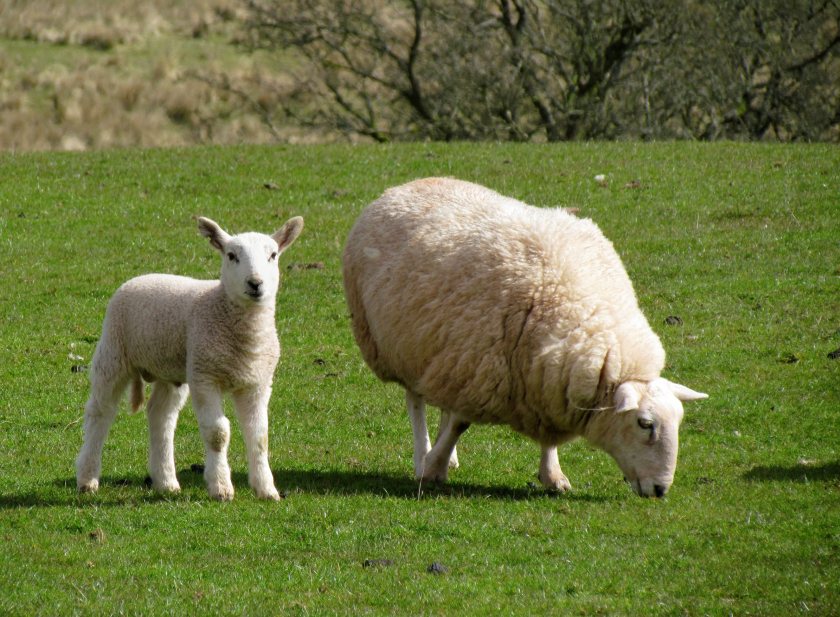Unions warn of chaos over Wales-England bluetongue border policy

The Welsh government is facing strong criticism from farming unions after opting not to follow England’s nationwide bluetongue restriction zone - a move they warn could cause chaos for cross-border trade and animal health measures.
From 1 July - which marks the start of England's single bluetongue virus restricted zone - all susceptible animals moving from England to Wales will need a negative pre-movement test and a specific licence.
There will be an exemption in place for any animals moving direct to slaughter, the Welsh government confirmed.
The decision has been branded “disappointing” and “impractical” by the Farmers’ Union of Wales (FUW) and NFU Cymru, as they say it risks undermining disease control while piling costs and red tape onto already stretched farmers.
FUW President Ian Rickman stressed the impact on cross-border trading and movement, as well as the logistical challenges posed by divergent policies across England and Wales.
“As farmers our first instinct is to keep any disease out, but in order to maintain economic stability within the industry, the FUW has repeatedly lobbied the Welsh government to simultaneously align with the changes proposed in England," he said.
"The sheer number of cross-border holdings and trading activity will be vastly disrupted with this policy decision. Meanwhile, midges that carry and spread the virus would not respect any such boundaries."
Mr Rickman warned that the decision to diverge from Defra’s stance could render disease control efforts ineffective, calling the approach of maintaining a disease-free buffer across the border “futile and wholly impractical”.
He also warned of the anticipated administrative and financial burdens farmers would face, including delays in licensing, testing requirements, and increased haulage complications.
While the Welsh government continues to emphasise vaccination as a core defence strategy, stronger industry support and clearer guidance, especially for the 550 cross-border farming operations, must be delivered.
“Vaccination is an important weapon in the armoury that has been widely deployed throughout Europe," Mr Rickman added.
NFU Cymru also raised similar reservations around the feasibility and cost of implementing the new controls. President Aled Jones acknowledged the complexity of the situation but underscored the need for a sustainable and practical solution.
He also voiced alarm at the anticipated strain on laboratories and the Animal and Plant Health Agency (APHA), which are expected to manage testing and licensing for a large volume of cross-border livestock movement.
“There are many unknowns about how BTV-3 could impact our herds and flocks across Wales and Welsh farmers are extremely worried about the threat of the spread of the disease," he stated.
“However, we have significant concerns about the lack of resources and capacity within the laboratories and APHA... We understand that going forward the costs of testing will be borne by the farmer, which will cause a huge increase to the cost of trading.”
NFU Cymru echoed calls for frequent policy reviews, highlighting the importance of upcoming months for livestock trading.
“Welsh government has committed to keeping their decision under review. We are about to enter an extremely important time of the year in the farming calendar... this trade is critical,” said Mr Jones, urging government to find a solution that reduces the need for excessive testing and bureaucracy.
On vaccination, Mr Jones reinforced the union’s support: “NFU Cymru believes the best method for farmers to protect their herds and flocks from infection is via vaccination.
"We support a campaign to promote vaccine use and facilitate the maximum number of doses being available on Welsh farms as quickly as possible.
"We would urge all farmers to speak to their vets to discuss a vaccination plan for their farm.”








